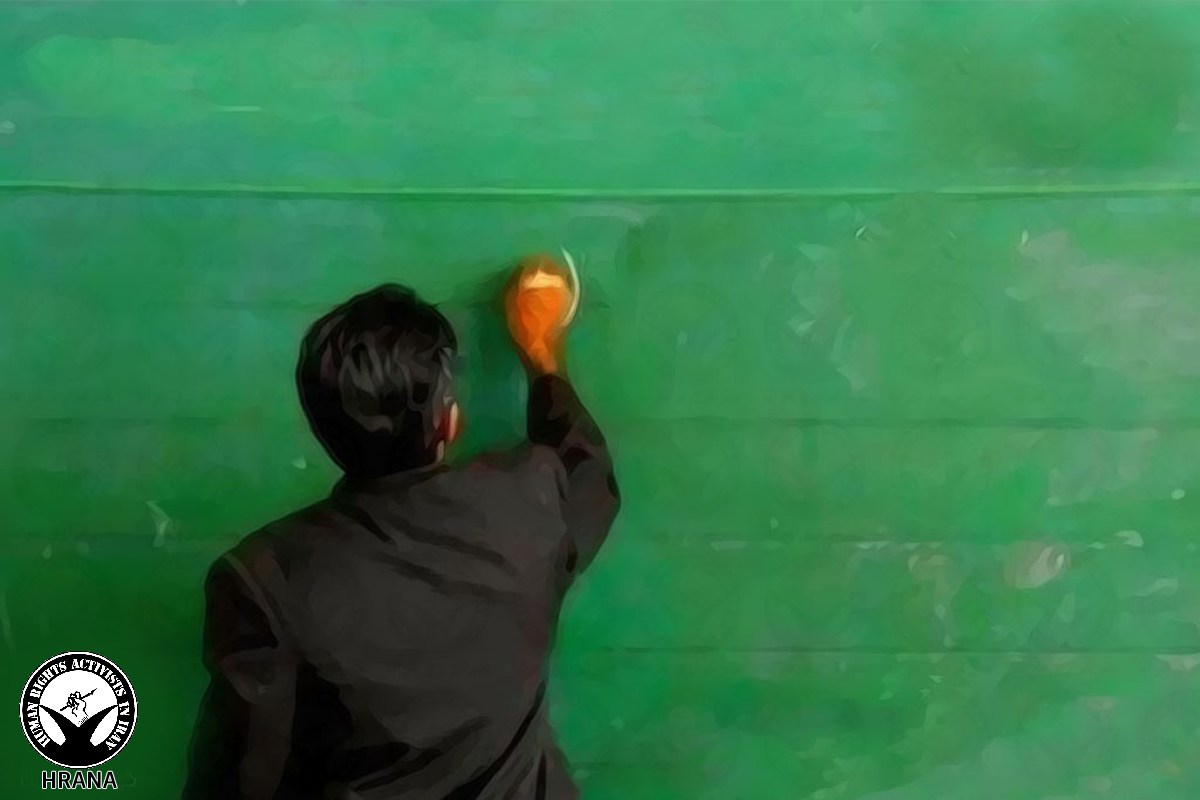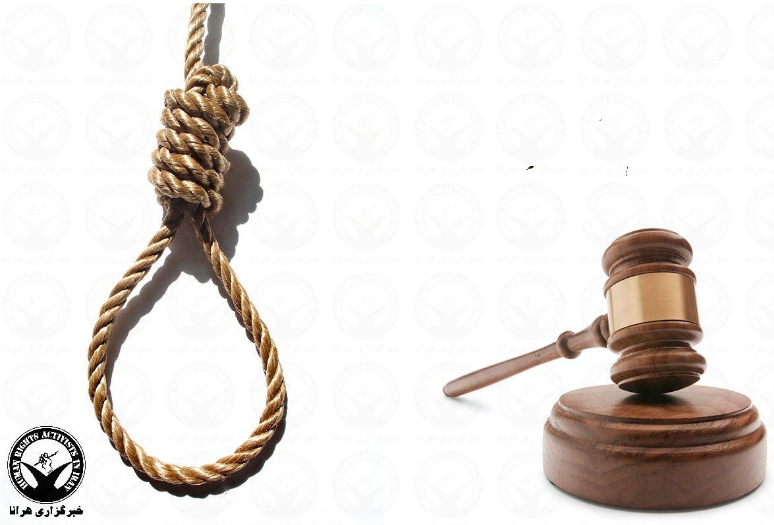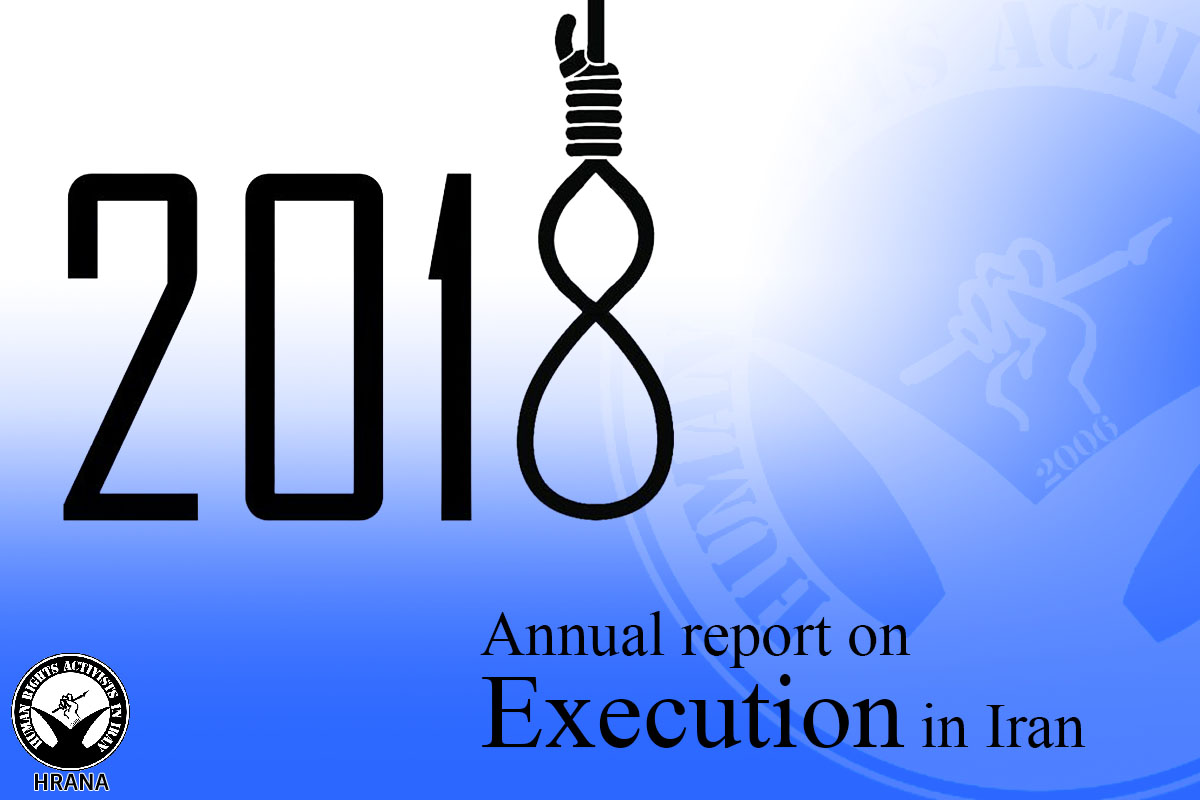Human Rights Activists News Agency (HRANA)- Since Iranian truck drivers announced a new wave of strikes on September 22nd, 261 striking drivers in 19 different provinces have been arrested. As authorities threaten detainees with the worst, their tenacious movement continues to push forward, obtaining small victories along the way.
Iranian General Prosecutor Mohammad Jafar Montazeri recommended harsh punishment for the detained drivers, previously assessing the strikes as a form of banditry, which he iterated “can be punishable by death.” Ghazvin Prosecutor Mohsen Karami announced that 17 of the detained drivers were being charged with “creating insecurity” and “disturbing public order,” and has called for the death penalty.
In a press release, the International Transport Workers Federation (ITF) expressed concern over these threats. “ITF affiliates globally are urging the Iranian government to listen to their truckers’ demands. It is economic solutions that are needed. Not threats of executions.” Transportation unions in the US and Canada, along with multiple news agencies and international federations, have gone public with similar concerns and statements of solidarity with the truckers.
Strikers’ demands have, in some respects, made significant headway. The High Council of Transportation Coordination recently approved a measurement tool for freight transport rates known as the tonne-kilometre (tkm) method, which would ensure more regulated compensation. “Adopting the tonne-kilometer system[…] put an end to 40 years of dispute between truck drivers and companies,” Malek Nakhyi, one of the drivers who will put the new system to use, told Tasnim news agency. “This measure will be a blessing to the Iranian transport industry.”
In talks with news agencies, state authorities claim to already have resolved the tire shortage, i.e. one of the truckers’ most pressing demands. However, Head of the Truckers’ Guild Association Ahmad Karimi told Iran Labour News Agency (ILNA) that only 50 thousand tires have thus far been distributed into a market that is in urgent need of 300 thousand more. “One of the truck drivers’ issues [with the system] is that the tires have no fixed price on the market, and representatives [of tire producers] set the price arbitrarily,” he added.
One truck driver told HRANA that a channel in Bandar Abbas ran a “false” broadcast of customs officials inspecting tires purchased in Iraq and Azerbaijan, with the claim that it was footage of tires being distributed to drivers.
The Truckers’ Guild Association listed 15 demands in its call to strike on September 22nd, among them an increase in pensions, the lowering of tire and auto-part prices, a 70% increase in the freight rate, cheaper insurance premiums, the elimination of go-betweens at terminals, and punishment of officers who arbitrarily demand bribes from drivers.

















